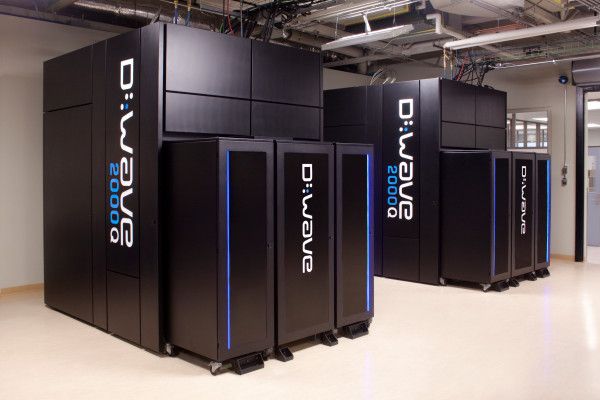D-Wave, the well-funded quantum computing company, today announced its next-gen quantum computing platform with 5,000 qubits, up from 2,000 in the company’s current system. The new platform will come to market in mid-2020.
The company’s new so-called Pegasus topology connects every qubit to 15 other qubits, up from six in its current topology. With this, developers can use the machine to solve larger problems with fewer physical qubits — or larger problems in general.
It’s worth noting that D-Wave’s qubits are different from those of the company’s competitors like Rigetti, IBM and Google, with shorter coherence times and a system that mostly focuses on solving optimization problems. To do that, D-Wave produces lots of qubits, but in a relatively high-noise environment. That means you can’t compare D-Wave’s qubit count to that of its competitors (with D-Wave claiming the superiority of its machine for certain problems), which are building universal quantum computers.
